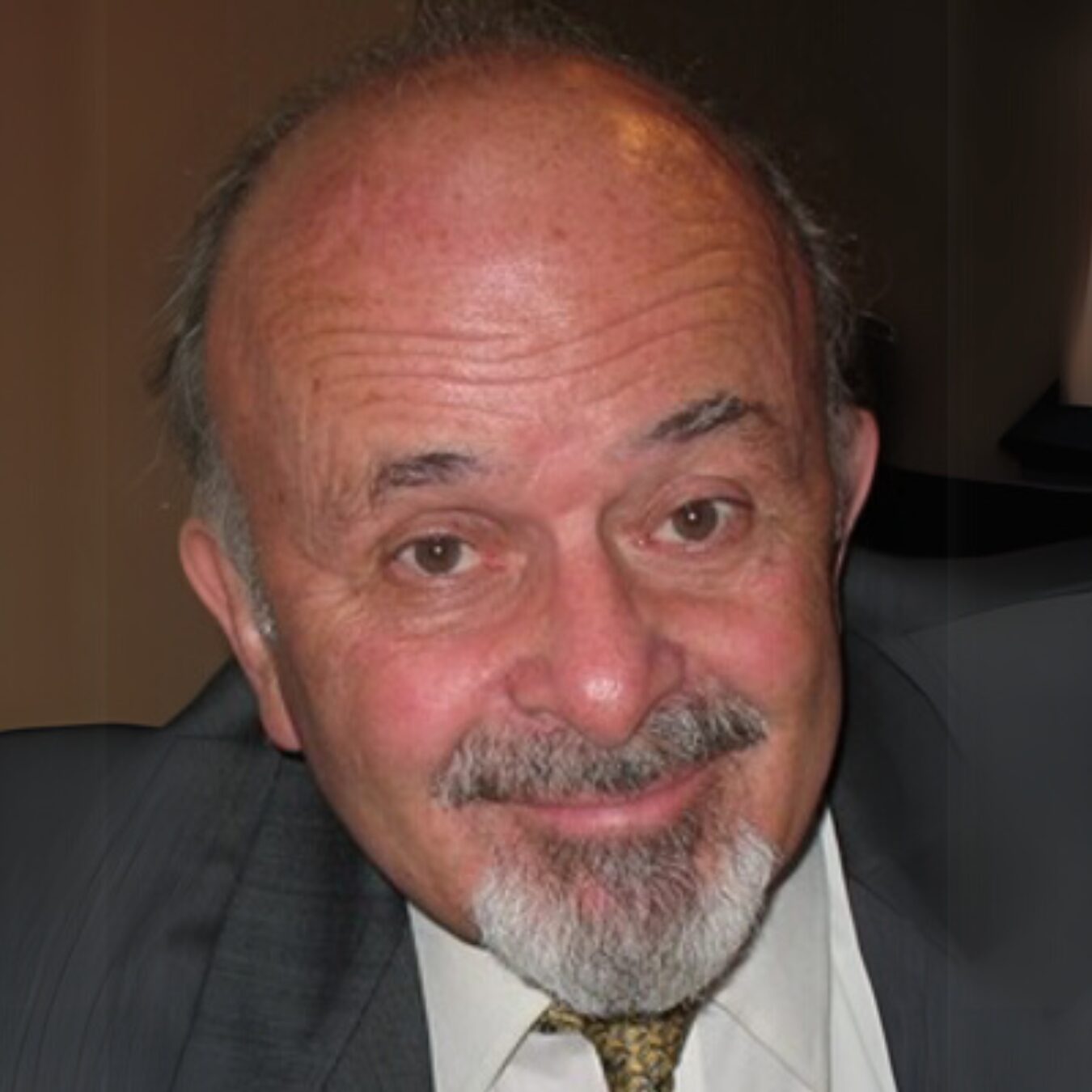In a depressed mood, Kaplan found the following prayer helpful. He hoped to “reconstruct himself.”
Petitions like the following just fit my mood and needs: “Still every passion, rebuke every doubt, strengthen every element of good within me, that nothing may hinder the outflow of Thy life and power. … Transform me by the breath of Thy regenerating power. … Let me no longer be sad, downcast, despairing, vexed by remorse or depressed by my failures. Take from me my old self. Give me a new self, beautiful, vigorous and joyous.” – Kaplan Diary (Jan. 10, 1930)
The new name for the movement, “Reconstructing Judaism,” aligns with Rabbi Mordecai Kaplan’s exhortation that we begin by reconstructing ourselves. In our effort to exclude the temptations of narcissism from our transformation, we have unfortunately underestimated the centrality of the individual in religious life and in Reconstructionism.
To talk of Reconstructing Judaism or even of Reconstructionism is more abstract and less compelling than to speak of reconstructing oneself. In his diary, Kaplan spoke often of the need to reconstruct ourselves as the first step in reconstructing Judaism. As individuals, we are all in need of reconstruction. By this, we mean a movement towards wholeness (sheleimut), towards a more ethical life, towards a more creative life, towards a more unified life and towards a stronger identification with the Jewish people. To reconstruct one’s self means to grow and to support the right of all people to live in an environment that fosters and nurtures continuous growth. Such an environment must be a just environment. And, of course, the commitment to justice is the essence of the covenant.
All of these elements are included in the goal of reconstructing ourselves and are perfectly in line with the new emphasis on action. The more we succeed in reconstructing ourselves as individuals, the more the Jewish people will be reconstructed. One might say that reconstructing ourselves as individuals is the route towards Reconstructing Judaism. Begin with yourself—reconstruct yourself, Kaplan tells us—and you will not only make a significant contribution towards reconstructing Judaism, but as a consequence, you will also help to improve the lot of your fellow human beings.
***
Mel Scult is vice president of the Kaplan Center for Jewish Peoplehood. For more of Kaplan on Reconstructing Judaism, read Mel Scult, The Radical American Judaism of Mordecai M. Kaplan (Bloomington, Ind.: Indiana University Press, 2013).







